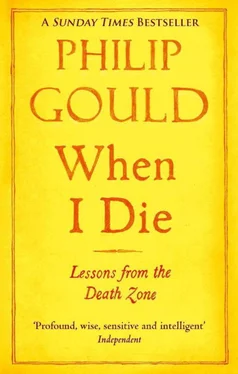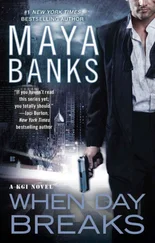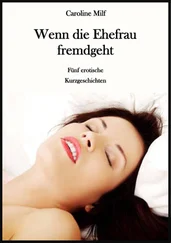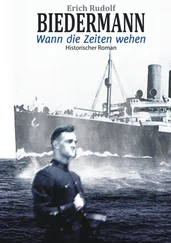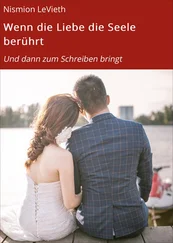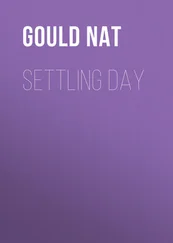I would not last more than three months. We were no longer acting in a normal patient–doctor relationship, in which cure or recovery is the aim, but as a team planning how to manage my death.
Gail and I left that meeting feeling more mauled by events than at any of the other cancer meetings. Emotionally this seemed almost unrecoverable.
We arranged the next few days’ logistics. I would move into the Marsden almost immediately and have a new feeding tube put in, and the next day would start the chemotherapy that in theory would continue for six months.
Everything was now happening very fast. The speed of this plan of action was impressive, but it also gave me a rather alarming sense of the vulnerability and impotency of my position.
Other people tried to buoy up my spirits. Mike Griffin called from Newcastle to say that the cancer was still treatable, even if only in the context of a disease that was now out of our control.
I phoned Tony Blair and for the first time in our long professional and personal relationship he did not quite know what to say. But he recovered soon enough.
We got through the weekend and planned what was supposed to be a one-night stop in the Marsden. And once again we encountered the familiar contours of the cancer sufferer’s life.
Once again, we turned up early and nervous. Once again, there was the same old business of finding a room. Once again we had to begin establishing relationships with staff at the hospital, building a micro-community.
I had been told quite explicitly that with an operation like this there was a degree of risk of leakage and other side effects. But the operation was conducted with great professionalism by Satvinder Mudan, the surgeon who had entered my life at the very beginning of my cancer journey and who now had a part to play as it neared its end.
He was as confident and opinionated and charming as I remembered him. The operation was scheduled for the Monday and he delayed a flight to China in order to perform it himself.
Because of the nature of the two previous oesophageal operations I had undergone, it was a difficult procedure, but we were hopeful. As it turned out, the operation went well, but there was cancer evident in the lymph nodes, on the bowels and elsewhere.
That night the pain began.
It came excruciatingly and intensely through my digestive system. Not only did it hurt a great deal, it also indicated that there might be a leak. If there was, that would delay chemotherapy. If chemotherapy was delayed, my death might not be.
It was imperative to start chemotherapy as quickly as possible. David Cunningham, whom I had found generally to be a cautious man, was determined to begin it the following day. That was both efficient and chilling. The cancer had to be killed fast, otherwise it would kill me.
That was his position at the beginning of the morning. By the next day all had changed yet again.
The pain seemed to arise from a leakage or a build-up of fluids that might quickly go away. But this still meant the chemo was going to be delayed, and delayed chemo would inevitably hasten my death.
The next night was worse. I was suffused with discomfort and generally in pain. And I was taking my first feeds via the new tube. This produced a bitterness in my mouth and a feeling of sickness that was nearly intolerable. I was vomiting often. And I began to suffer delusions because of all the drugs I was taking.
This continued day after day until it was decided that the only thing to do was to stop all forms of treatment and all food and see what happened. It worked. My gut calmed down and by Friday I felt that the worst was over.
But I believed, and so did Gail, that there was now a good chance I would not leave the hospital again.
By mid-afternoon on the Tuesday after the operation, David came for a meeting. He told us he was changing his strategy and pushing back the chemotherapy for at least a week, possibly two. It was clear that things were veering off course.
He told us that we were all in this together, but I could sense from his grave tone his foreboding about the risks. He was having to navigate a slow ship across a rough sea, in visibility too poor for us to see where we were headed.
Saturday morning. Gail came to visit me in hospital and thus began three of the most extraordinary days of my life. I have never been a particularly emotional person but now I could see no alternative but to show her how I felt about everything that had happened and everything to come. I looked at Gail and wept.
I wept for the lost opportunities. I wept for the lost moments of happiness. And in the end, I wept for the lost companionship. I had never before been able to talk to her, or anyone else, with such intensity.
The power of cancer was proving much greater than the power of death. Until now I had always seen life as a succession of doors with names on them. Names like Birth, First Job, Marriage, Children, Retirement. And at almost every threshold I had crossed there was some genuine conceptual connection between what I expected to happen and what actually did. I felt this was dramatically not true of the door marked Death. When it comes to death there is a great gap between the name on the door and the reality.
I know that everyone has a different view of death, a different perspective on it, but I think they also share a consensus that death is wrong and belongs to another time and place.
Death is usually depicted as a time of decline, of growing irrelevance, as the ending of growth, the cessation of contribution. To some extent those things may be true. But for the dying themselves, like me, there is another dynamic at work: the sheer intensity of death leads us to assess our world in ways we have never done before, each contributing to a kind of pre-death moment of judgment.
For some it is God who judges us. That may be so, but I suspect that in fact it is we who judge ourselves. The unvarnished certainty that you are going to die within a certain period of time is an immensely powerful thing. It provides the opportunity for fulfilment and the experience of extraordinary depths of feeling and the chance of reconciliation that would never otherwise occur.
I spoke to David Sturgeon, a respected consultant psychiatrist, about these views. He said two things to me that affected me deeply.
The first was that the only way to have a good death is to accept it. The second was to understand that for many people, if not most, death is the most important time of life.
I remember very clearly seeing my daughters born and my father die. Both experiences had equal power. The babies arrived largely shorn of consciousness; my father, aged seventy-eight, departed with years of experience of life. What you are at the beginning of the journey is as important as what you are at the end.
Death is not frightening if you accept it. It is a time for immense change and transformation, a time to fulfil yourself and others, and a chance in a small way to change the world.
And these three days with Gail were life-changing for me. I was prepared to smash down my emotional barricades and be fully open and honest with her. I was ready to show her my acceptance of death and my vulnerability.
She responded in the same way, and by the afternoon our relationship had reached an intensity that we had never touched before.
The following day, Sunday, was different. Gail came to my room in a more angry frame of mind. At first she was cross with me over some small incident with Grace, but then she transferred most of her anger to an episode from many years earlier in our marriage. I had wanted us to move home to be nearer to good state schools for our daughters. She had wanted to stay in a house she loved. I had prevailed.
This was what she was angry about. She was saying: why did you do this? Why did you move me and my family from a lovely house to one we didn’t like so much, in another part of London?
Читать дальше
